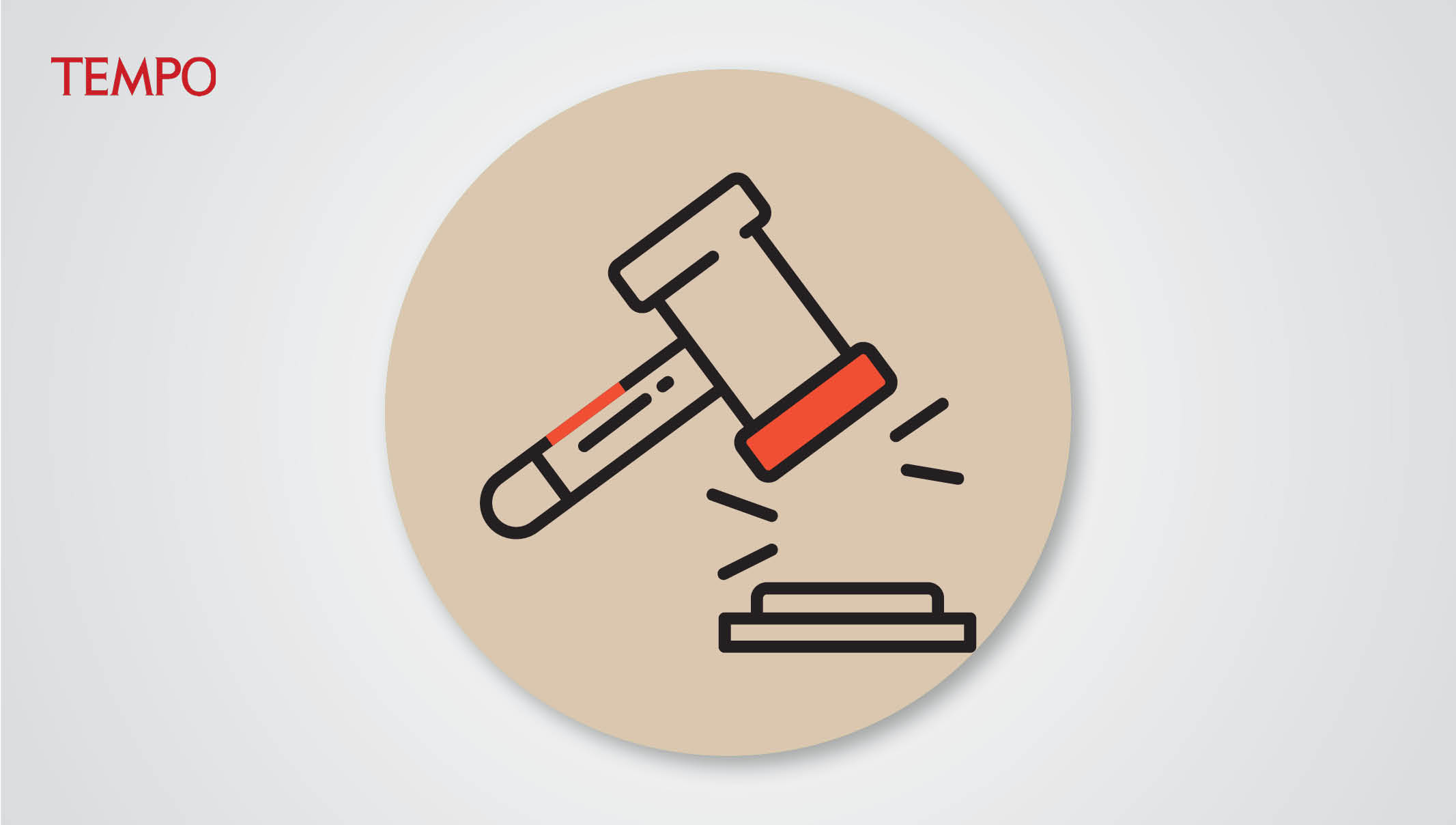Corruption Bankrupts Indofarma
Indofarma is bankrupt when other pharmaceutical companies are doing very well as a result of the Covid-19 pandemic. A capital injection is not a wise option.
Tempo
June 3, 2024

LIKE a rat dying in a rice barn. This saying is a very good illustration of the condition of Indofarma these days. The state-owned pharmaceutical company is bankrupt at a time when other companies in the health sector, both in Indonesia and overseas, are making profits as a result of the Covid-19 pandemic and increasing public demand for health products and services.
In February 2023, the independent Dutch nonprofit research institute Stichting Onderzoek Multinationale Ondernemingen showed that the Covid-19 pandemic had resulted in huge profits for the global pharmaceutical industry. Pfizer, BioNTech, Moderna and Sinovac made US$90 billion, or around Rp1,462 trillion from Covid-19 vaccines and treatments in 2021 and 2022.
In Indonesia, Kalbe Farma announced net profits of Rp3.4 trillion in 2022, a rise of 6.2 percent over the 2021 figure. Traditional medicine and pharmaceutical company Sido Muncul made net profits of Rp1.26 trillion in 2021. Even Bumame, a newcomer to the health sector that became infamous for allegedly releasing fake Covid-19 test results, made a profit from tests for the coronavirus antigen.
But Indofarma did not benefit from the pandemic. In 2021, at the peak of the pandemic, Indofarma lost Rp37.57 billion. In the third quarter of 2023, shares coded INAF on the Indonesian Stock Exchange lost Rp191.7 billion in value.
The root of the problem was mismanagement and corruption by the management. Chief Executive Officer Arief Pramuhanto was fired as a result of these allegations. His policies undermined the company financially. These range from establishing an inefficient company to sell drugs and a fund holding company, to inflating spending on drugs that did not result in profits. Indofarma Global Medika, the company selling Indofarma products, did not pay the money from product sales amounting to Rp470 billion.
The mismanagement of Indofarma had an impact on employees and caused problems for its parent company, Bio Farma, which had to cover the costs of employee salaries that have not been paid since the end of 2023. Indofarma also faced problems with its creditors in the form of a lawsuit at the Jakarta Commercial Court demanding postponement of its debt repayments. And the company is being pursued by suppliers of Covid-19 medicines from India that have not been paid.
Given all these problems, maintaining the loss-making company is not an option for the government. As well as dealing with the people guilty of abuses and corruption through the law enforcement authorities, the government should show resolve when deciding the future of Indofarma. Providing a capital injection to a loss-making company is clearly not a wise option.
In fact, closing down the company is the best option. After all, Indonesia still has a number of state-owned companies in the pharmaceutical and health sector. Bio Farma and Kimia Farma could step in to replace Indofarma. And the State-Owned Enterprises (SOEs) Ministry could transfer its employees to other state-owned pharmaceutical companies.
Closing down Indofarma could also give the government momentum to reorganize the business schemes of state-owned pharmacies and other companies to make them more efficient. Having many SOEs in the same sector is not bringing about healthy competition between state companies. It only makes the pharmaceutical sector inefficient. On top of this, in many cases, these SOEs become cash cows for political interests that give rise to corruption.


